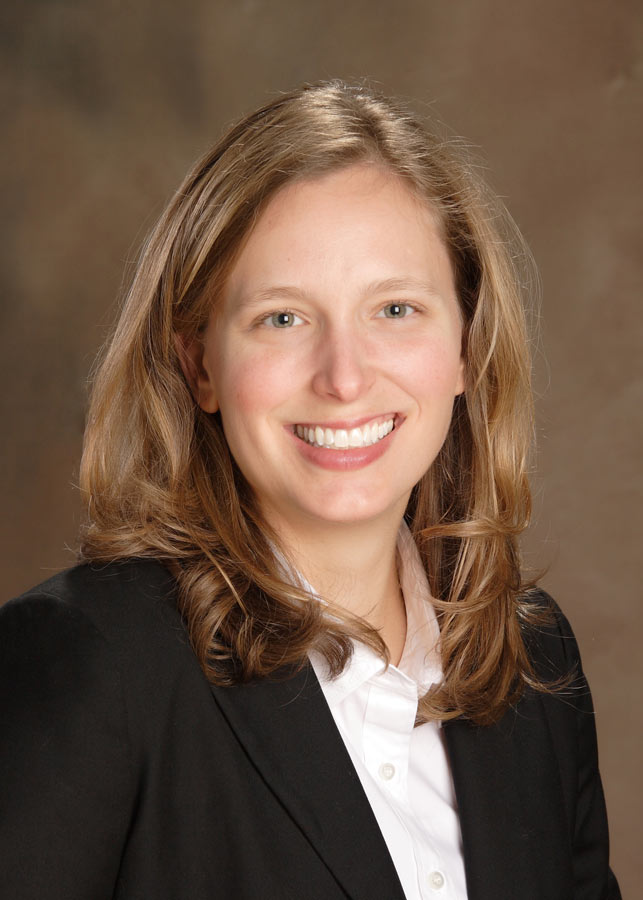Matters relating to real estate under the jurisdiction of a condominium or homeowners’ association (HOA) about which the condo association or the HOA and a member or members cannot agree or from which a dispute arises may have an opportunity to submit the dispute to a neutral mediator, for a nonbinding mediation session, before formal proceedings and litigation are commenced by the parties, if a recently introduced bill becomes law in the North Carolina General Assembly.
House Bill 278 was introduced March 12, 2013, by State Representatives Deborah Ross and Duane Hall, both of Wake County. The bill proposes to establish a voluntary pre-litigation mediation process for resolution of HOA disputes by local community mediation centers. Disputes covered by the bill include those arising under Chapter 47C of the General Statutes (the North Carolina Condominium Act) and under Chapter 47F of the General Statutes (the North Carolina Planned Community Act) or under an association’s declaration, bylaws, or rules and regulations.
The mediation would be initiated either by an HOA or a member/owner. Certain disputes related solely to a member’s failure to pay timely an HOA assessment or any fines or fees associated with the levying or collection of an association assessment would not be eligible for mediation under the proposed law.
 Susan Ellinger and Steven Carr will be featured speakers and presenters on management and legal issues of concern to executive directors of public housing authorities at their upcoming
Susan Ellinger and Steven Carr will be featured speakers and presenters on management and legal issues of concern to executive directors of public housing authorities at their upcoming Providing safe, affordable housing for families, seniors and developmentally disabled persons has long been a part of the work of the Ellinger Carr law firm, in communities in the Carolinas, the Southeast and elsewhere in the United States. Susan Ellinger, the firm’s founding member, announced that the firm’s lawyers have just concluded a closing in Canadian, Texas for the development and new construction of 64 affordable apartment units called the Oasis Cove Apartments. The firm served as lender’s counsel for the closing of a debt and equity financing of $14 million.
Providing safe, affordable housing for families, seniors and developmentally disabled persons has long been a part of the work of the Ellinger Carr law firm, in communities in the Carolinas, the Southeast and elsewhere in the United States. Susan Ellinger, the firm’s founding member, announced that the firm’s lawyers have just concluded a closing in Canadian, Texas for the development and new construction of 64 affordable apartment units called the Oasis Cove Apartments. The firm served as lender’s counsel for the closing of a debt and equity financing of $14 million. Ellinger Carr is a business law and commercial real estate law firm based in Raleigh, North Carolina. Ellinger Carr lawyers are experienced and knowledgeable counselors, transaction specialists and business problem solvers, admitted to practice in North Carolina, South Carolina, Florida, Louisiana and New York.
Ellinger Carr is a business law and commercial real estate law firm based in Raleigh, North Carolina. Ellinger Carr lawyers are experienced and knowledgeable counselors, transaction specialists and business problem solvers, admitted to practice in North Carolina, South Carolina, Florida, Louisiana and New York. Heather McDowell, a native of New Jersey, joined Ellinger Carr in 2010. Heather is a graduate of Tulane Law School and practiced in New Orleans early in her legal career, in the office of the Mayor of New Orleans, and a major part of her work was the recovery of New Orleans after Hurricanes Katrina and Rita. As an associate with our firm she continues to counsel and execute transactions in Louisiana and advising and assisting with other sophisticated commercial transactions in the Carolinas and elsewhere in the Southeast and the Southwest.
Heather McDowell, a native of New Jersey, joined Ellinger Carr in 2010. Heather is a graduate of Tulane Law School and practiced in New Orleans early in her legal career, in the office of the Mayor of New Orleans, and a major part of her work was the recovery of New Orleans after Hurricanes Katrina and Rita. As an associate with our firm she continues to counsel and execute transactions in Louisiana and advising and assisting with other sophisticated commercial transactions in the Carolinas and elsewhere in the Southeast and the Southwest.  Jennifer Lewis Oxford joined Ellinger Carr in March 2012. A native of Durham, Jennifer is a 2011 graduate with distinction of Emory Law School in Atlanta. Jennifer also holds a Bachelor’s of Science in civil engineering from the University of Virginia, where she graduated with distinction, and a Master’s of Regional Planning from the University of North Carolina at Chapel Hill. Before entering law school, she worked as an engineer and urban planner in the Research Triangle area in North Carolina. Jennifer assists with the firm’s affordable housing and community development and commercial lending practice, and also with the firm’s commercial litigation, planned community and homeowners’ association legal matters.
Jennifer Lewis Oxford joined Ellinger Carr in March 2012. A native of Durham, Jennifer is a 2011 graduate with distinction of Emory Law School in Atlanta. Jennifer also holds a Bachelor’s of Science in civil engineering from the University of Virginia, where she graduated with distinction, and a Master’s of Regional Planning from the University of North Carolina at Chapel Hill. Before entering law school, she worked as an engineer and urban planner in the Research Triangle area in North Carolina. Jennifer assists with the firm’s affordable housing and community development and commercial lending practice, and also with the firm’s commercial litigation, planned community and homeowners’ association legal matters.